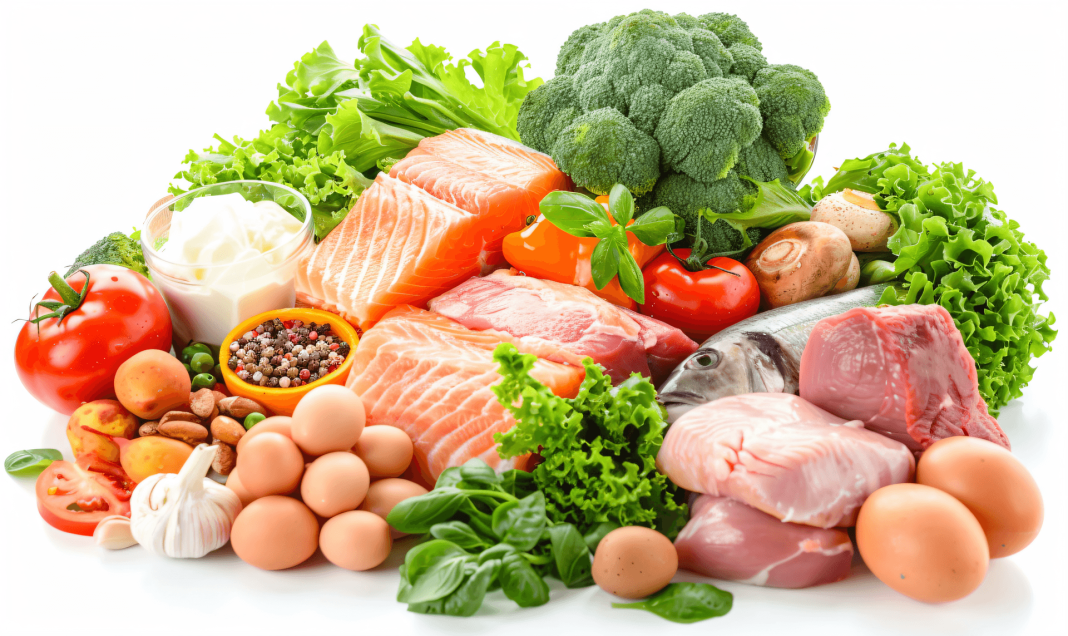This content is provided by Pioneer Bird Blood Sugar Management Software! It helps you keep track of health indicators such as blood sugar and blood pressure, offers free tastings of sugar-free foods, and customizes diet and exercise plans to assist you in managing your blood sugar.
Diabetes, a disease that seems both familiar and strange, has become a significant health issue affecting residents in our country. According to the latest statistics, the number of diabetes patients in our country has surpassed 100 million and is on the rise. In daily life, those with diabetes pay special attention to diet control. There is a saying that “diabetics should stay away from corn.” So, is this statement correct? This article will provide you with a detailed analysis.
1. The Relationship Between Diabetes and Corn
Corn, as a common staple crop, is rich in dietary fiber, vitamins, and minerals. However, the starch content in corn is relatively high and can be converted into glucose in the body, leading to increased blood sugar levels. Therefore, diabetes patients do need to control their corn intake to a certain extent. But this does not mean they should completely avoid corn; the key lies in reasonable combinations and moderate consumption.
2. Five Types of Foods That Diabetics Should Eat Less
High-sugar fruits: Such as lychee, mango, and grapes, these fruits have high sugar content and can easily cause fluctuations in blood sugar levels.
Refined rice and flour: Such as white rice, white noodles, and white bread, these foods have a high glycemic index, which is not conducive to blood sugar control. Blood sugar management assistants suggest that diabetes patients can eat whole grains in moderation to slow down the increase of blood sugar.
High-fat foods: Such as fried foods and animal organs, these foods contain a large amount of saturated fatty acids that can easily lead to abnormal blood lipids, worsening diabetes complications.
High-salt foods: Such as salted fish, salted meat, and pickled vegetables, high-salt foods can increase the risk of cardiovascular diseases in diabetes patients.
Alcohol: Alcohol can interfere with the liver’s metabolism of sugar, leading to fluctuations in blood sugar. Diabetes patients should try to avoid drinking.
3. How to Eat Scientifically to Control Blood Sugar
Balanced diet: Ensure balanced nutritional intake and reasonable combinations of meats, vegetables, fruits, and other foods.
Control total calories: Arrange daily dietary calories reasonably based on individual circumstances to avoid excessive intake.
Low-sugar diet: Choose low-sugar fruits, such as apples, pears, and oranges, and consume them in moderation.
Increase dietary fiber: Eat more foods rich in dietary fiber, such as brown rice, oats, and beans, to help lower blood sugar levels.
Regular timing and quantity: Develop good eating habits, eat on time, and avoid binge eating.
Diabetes dietary control is not fixed; those with diabetes can adjust their diet structure based on their actual situations under the guidance of professional doctors. Here, we offer you a free event to receive sugar-free foods to help people with diabetes better control their blood sugar. Also, don’t forget to use the blood sugar management assistant to monitor your blood sugar in real time, safeguarding your health.
In summary, diabetes patients do not have to completely avoid corn; the key is reasonable combinations and moderate consumption. As long as they grasp scientific dietary principles and develop good lifestyle habits, diabetes is not frightening. Let us work together to create a better future!


